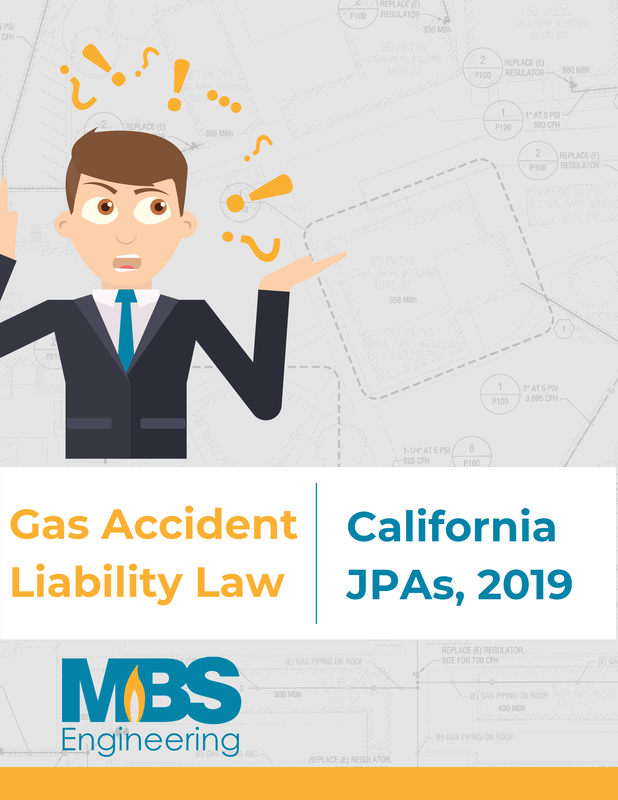Natural Gas Safety For Insurers And JPAs
JPAs and Insurers *can* have legal exposure for natural gas accidents on public school campuses, if they are found to be grossly negligent. Find out how to keep your students and your school safe in every way.
|
Insurers and Joint Power Authorities are tasked with special responsibilities as it informs protecting our most vulnerable community members: students in schools, and may at times require regular gas safety practices for public clients they insure or regulate.
According to BBKLaw: "Joint Powers Authorities are legally created entities that allow two or more public agencies to jointly exercise common powers. Forming such entities may not only provide a creative approach to the provision of public services, but also provide permit public agencies with the means to provide services more efficiently and in a cost-effective manner. The Joint Exercise of Powers Act, as codified in California Government Code section 6500, governs JPAs. Under the Act, JPAs are restricted to use by public agencies only. However, the term public agency is defined very broadly." Standard insurers are mandating seismic shutoff valves, more than ever, in addition to gas leak surveys on school campuses. The reasons are straightforward: |
Click to download Gas Accident Liability Law eBook
|
Keeping Natural Gas - An Indispensable Utility - Maximally Safe
Most natural gas accidents result from mishandling and improper maintenance practices. By keeping a few simple rules, schools can get the most out of their systems, without endangering the lives of kids and adults in the environment.
- The boiler room is one of the areas with greatest potential for accidents. Keep boiler rooms aerated and do not use them as storage space.
- Institute proper and clear safety procedures/emergency guidelines, such as: what to do if someone detects a gas leak.
- Draw up clear communication guidelines between those who manage the energy systems and those who run the school.
- A proper maintenance schedule is the backbone of natural gas safety and most schools lack them. The following are the minimum schools need to do in this area:
1. Conduct an audit of all gas infrastructure to ensure their functionality, including:
2. Make the installation and maintenance of the following a priority:
- Gas meter assessments
- Complete inspection of the systems for leaks, corrosion, mismatching equipment & fitting, etc.
2. Make the installation and maintenance of the following a priority:
- Seismic Shut-off Valves: Automatically shuts off the gas supply when an earthquake of sufficient magnitude occurs.
- Excess flow valves: Automatically closes or restricts natural gas flow if an underground pipe is damaged or there is unusual gas flow to the meter.
- Smoke detectors: Catch fires before they go out of control.






